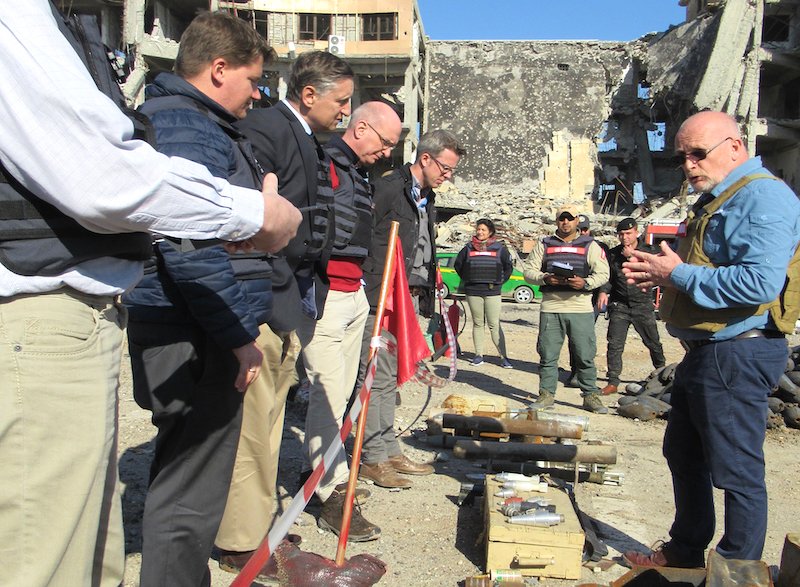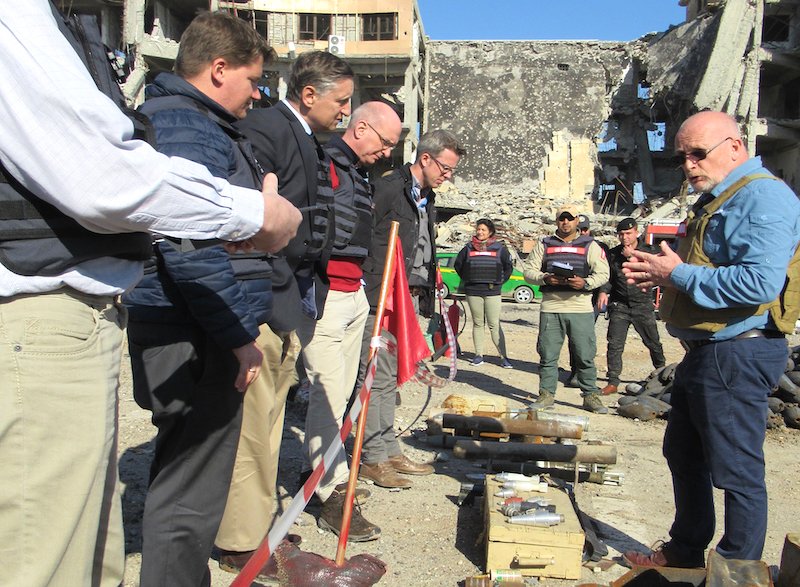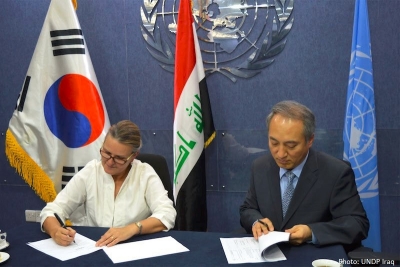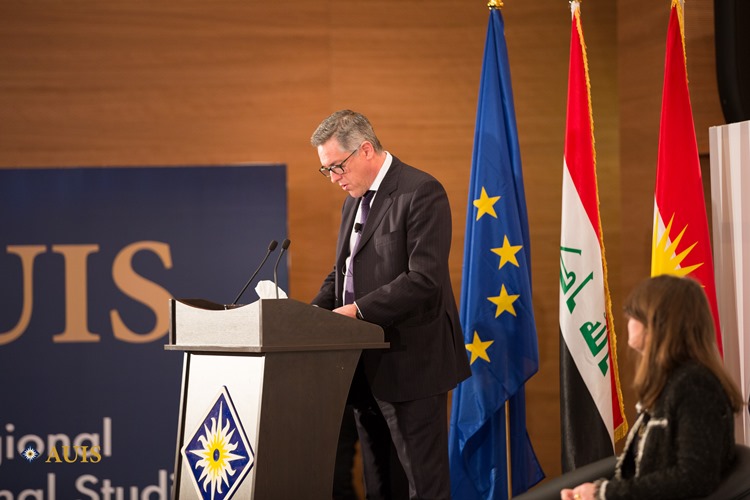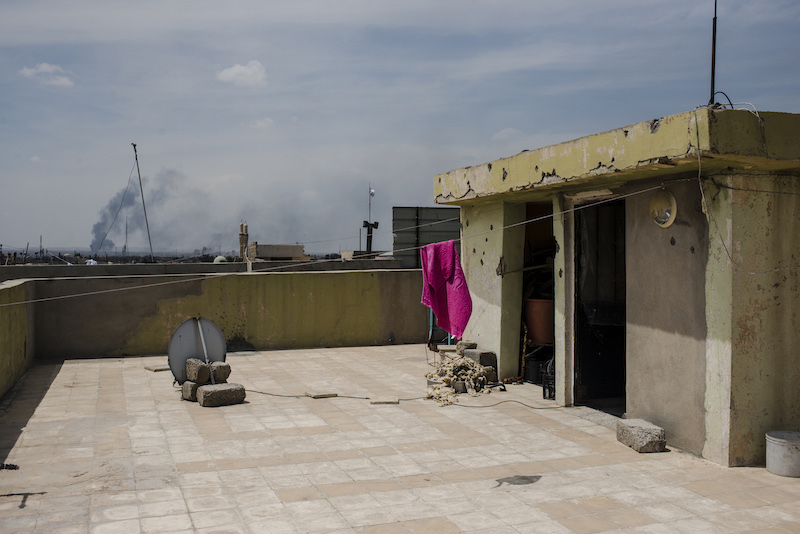The Government of the Federal Republic of Germany has contributed an additional US$ 94 million (€80 million) to two major UNDP programmes that are helping to stabilize newly liberated areas – the Funding Facility for Stabilization (FFS), which finances fast-track initiatives in areas liberated from the Islamic State of Iraq and the Levant (ISIL) and the Iraq Crisis Response and Resilience Programme (ICRRP), which promotes recovery and resilience-building.
This latest instalment brings Germany’s total contribution to both programmes to $263.2 million, making it the top supporter of UNDP’s work in this area.
UNDP Resident Representative for Iraq, Ms. Lise Grande, said:
“Nothing is more important right now in Iraq than stabilizing the areas which have been liberated from ISIL.
“The task is huge. Electricity grids need to be rehabilitated, water systems repaired, rubble removed and schools and hospitals opened. Germany’s support comes at just the right time. Three million Iraqis are still displaced. Helping to improve conditions in their home towns is the first step in giving people confidence in their future.”
Ambassador of the Federal Republic of Germany in Iraq, H.E. Dr. Cyrill Nunn, lauded UNDP’s stabilization programmes in Iraq as one of the most effective and efficient mechanisms in Iraq to lay the ground for the safe return of internally displaced persons, giving hope to those who strive for a normal life again.
“I am happy to see Iraqi youth today taking the lead in shaping the future of their country. Germany is committed to support recovery in Iraq, but we firmly believe that it is the people of Iraq who will ultimately determine how successful and sustainable that recovery will be,” stressed Ambassador Nunn on his first visit to Mosul, on 12 December 2017, to review progress of stabilization work in Mosul, especially focusing on health and education projects.

